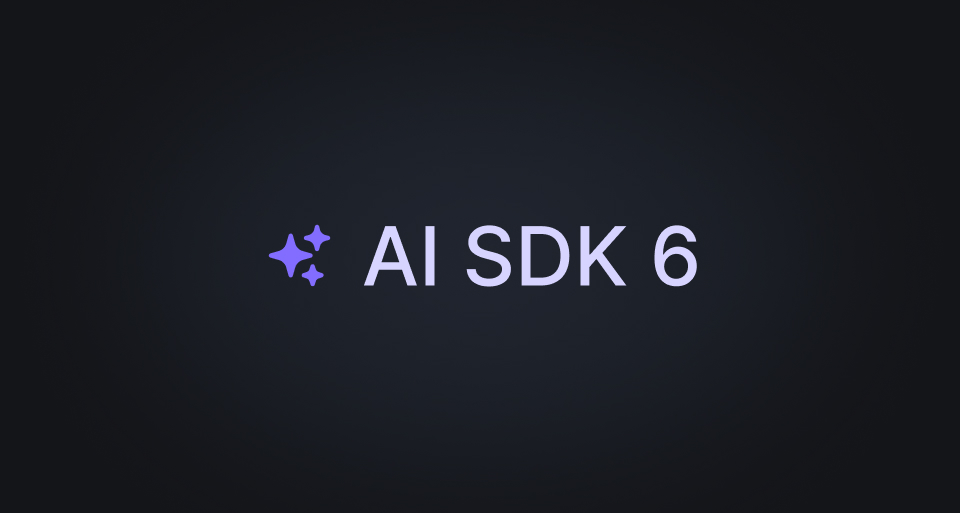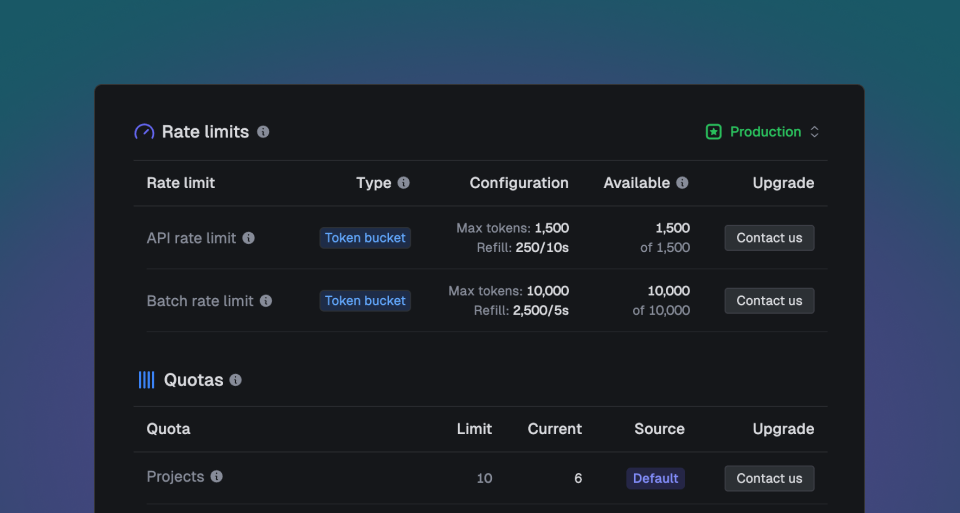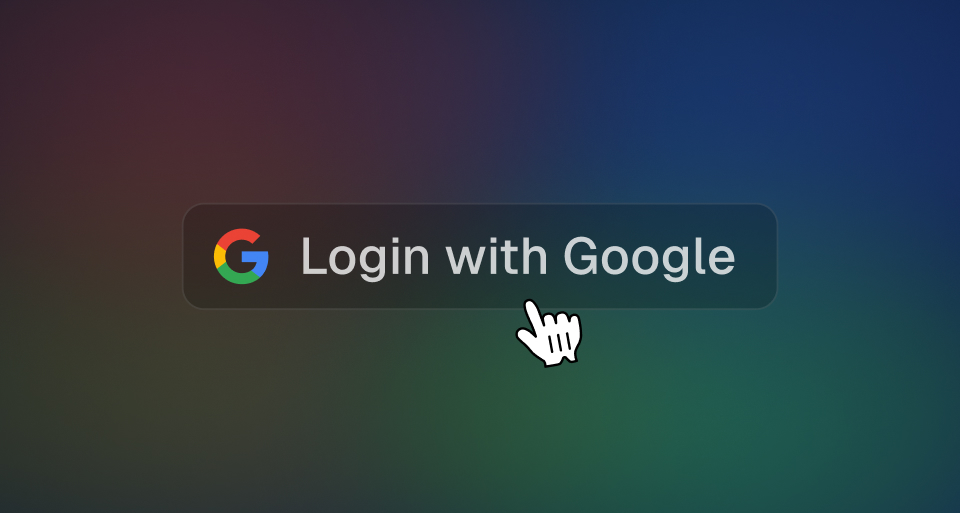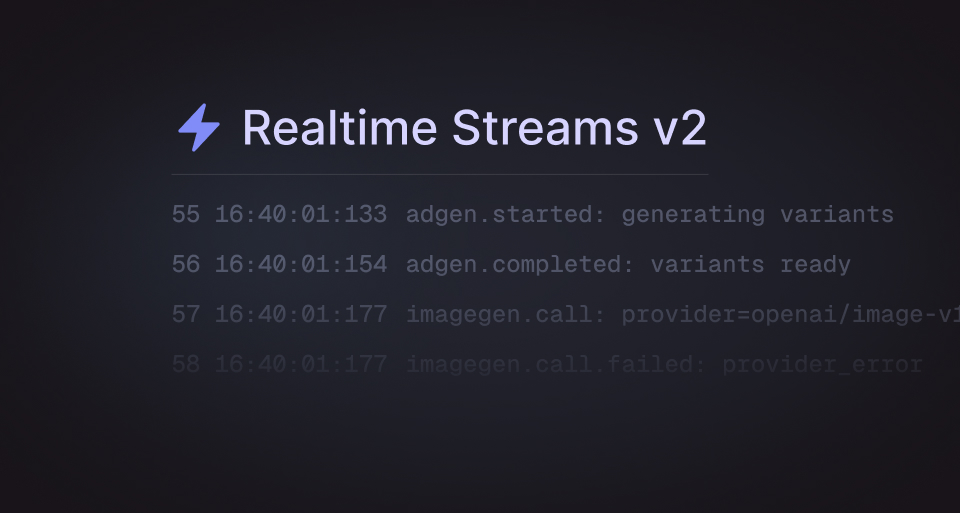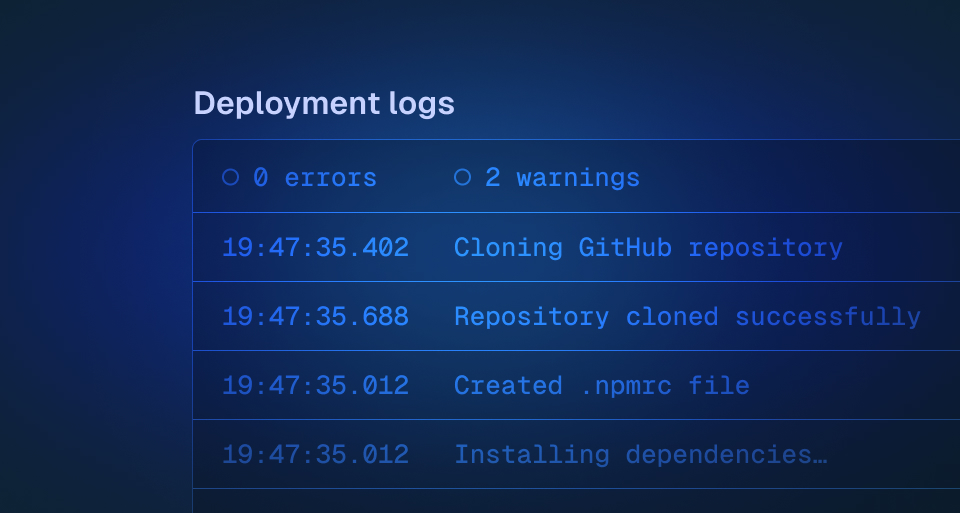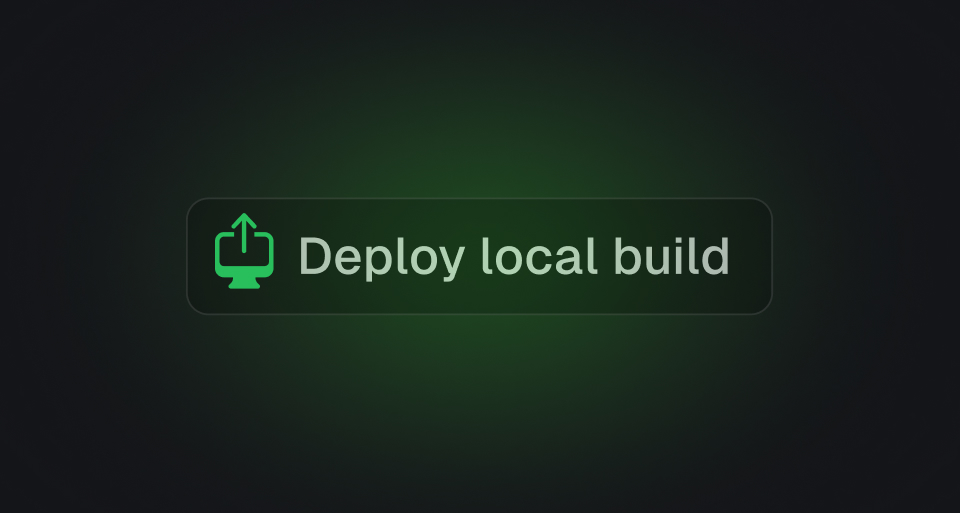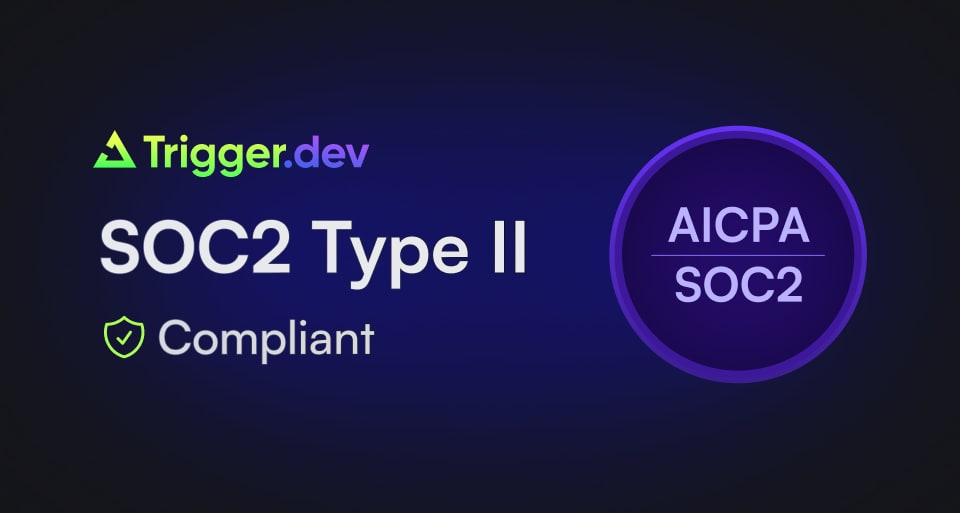Changelog
Trigger.dev v4.4.0
Metrics dashboards and query engine, Vercel integration, debounce maxDelay, and more.
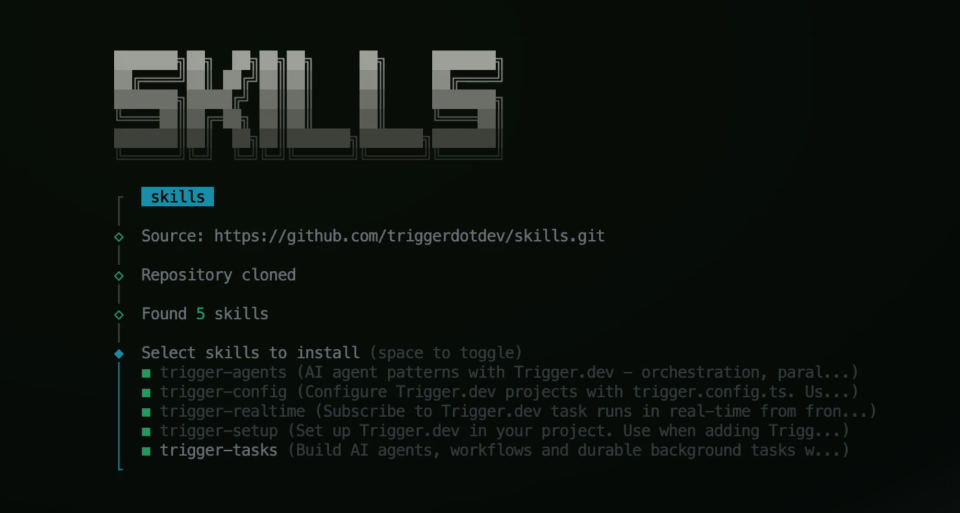
Trigger.dev agent skills for AI coding assistants
Install our official agent skills to teach any AI coding assistant best practices for writing tasks, agents, and workflows.
Trigger.dev v4.3.3
AI SDK 6 support, new limits page, better date and time filtering, improvements, bug fixes and server changes.
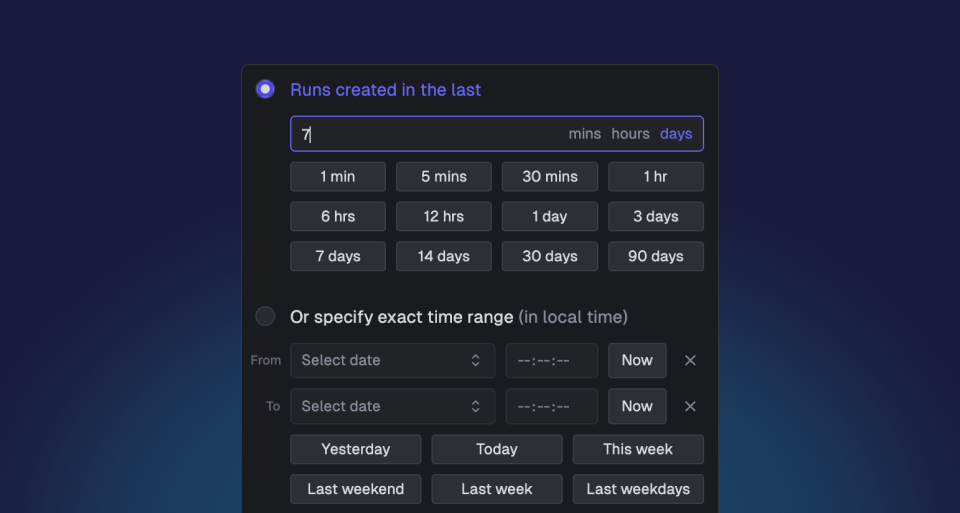
Improved date and time filtering in the dashboard
Redesigned date picker with visual calendar navigation, time precision controls, and quick preset options for faster run filtering.
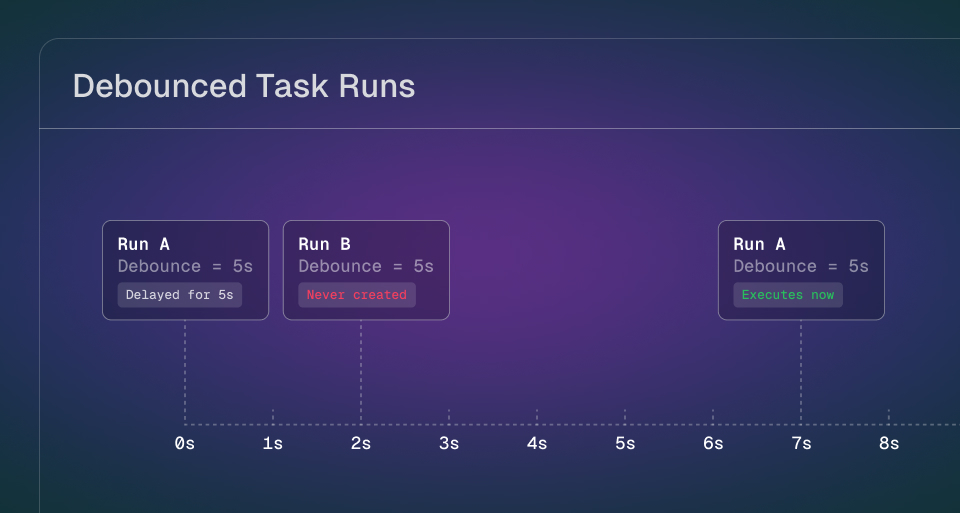
Debounced task runs
Consolidate multiple triggers into a single execution by debouncing task runs with a unique key and delay window.
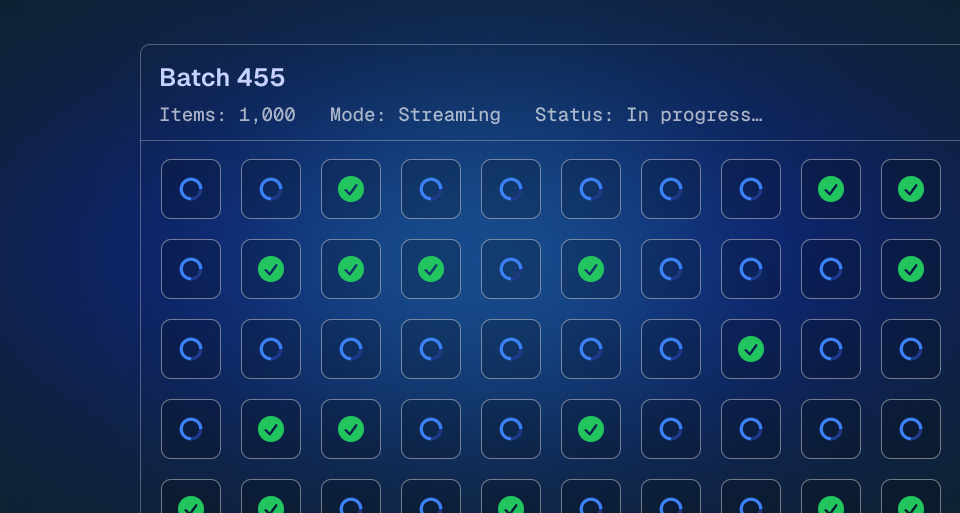
Batch trigger improvements
Support for larger payloads, streaming ingestion, and fair processing with per-environment concurrency limits.

Adjacent task runs with ease
Tired of going back and forth between runs list and run details? Now you can easily navigate to the previous or next run directly from the run details page.
Faster cold starts with zstd compression
We've enabled zstd compression by default for deployment images, improving cold start times when images need to be pulled to worker nodes.
Deployments with native builds
Deploy your tasks with native builds using our own build infrastructure.
Bun runtime upgraded to v1.3.3
We've upgraded the Bun runtime for deployments to v1.3.3, bringing improved performance and the latest features to your Bun-based tasks.

Higher concurrency limits and lower prices
We've increase the included concurrency on every plan, including Free. We've also dropped the price for extra concurrency and made it self-serve.
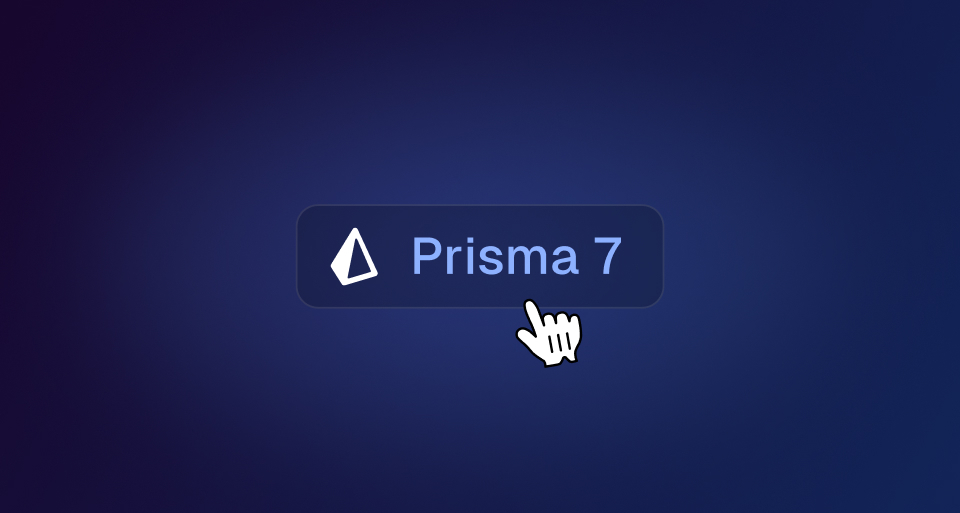
Prisma 6 & 7 support
Complete redesign of our Prisma extension with three modes to support Prisma 6.x, 7.x, and everything in between.








